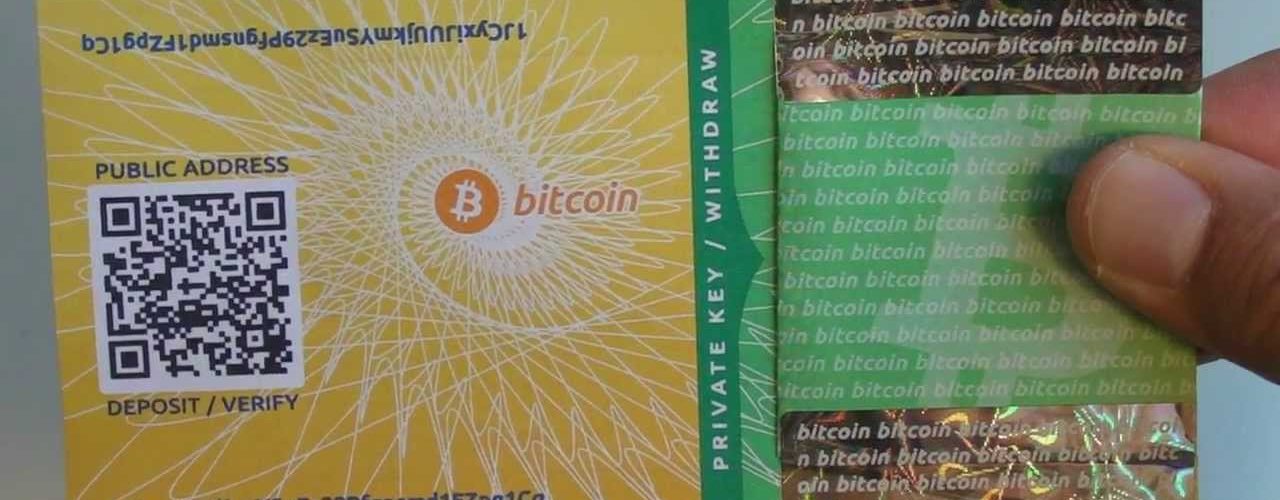The value of Bitcoin has multiplied tenfold since I bought $500 worth in late 2015, even in the aftermath of the cryptocurrency crash this past week.
Last May, Bix Weir and other analysts had accurately predicted the recent correction in the value of all cryptocurrencies, which occurred when China’s central bank officially banned ICOs (initial coin offerings to fund new cryptocurrencies) last weekend, calling ICOs an unauthorized fundraising tool which “severely disrupt the social and economic order.”
This caused a massive sell-off in the cryptocurrency market, knocking Bitcoin down by 5% from its record high and the altcoins down by between 9%-23%. Both Bitcoin and the top 20 altcoins have since been steadily reversing their losses, with a complete Chinese ban appearing to now be priced into the market.
The Dollar Vigilante’s Jeff Berwick’s response to the actions of the Chinese central bank was, “While many ICOs and altcoins could be greatly damaged the more that governments attack them, they can’t attack Bitcoin. There is no central Bitcoin office. No CEO. It’s a self-running application. The only way to stop Bitcoin is to turn off the Internet.”
So, while we wait for the Internet to get shut down, which I don’t think will happen anytime soon, the other way that your cryptocurrency holdings can be attacked is if they are hacked because you’re storing all of them in an exchange account (on Coinbase, Bitfinex, etc.). To protect against this, you should not store your savings in an exchange account.
Unless you are a rabid cryptocurrency day trader, taking your wallet offline and putting it into “cold storage” is advised. Even if you are a rabid trader, you shouldn’t be trading your entire holdings at all times. The easiest way to take your cryptos offline is to create a wallet for the amount you’d like to put into cold storage and to back it up onto a paper wallet, as demonstrated in this video. There are several services which do this. I picked this one because of its zippy video.
There are different services for other cryptocurrencies, just look up “paper wallet” + the name of your cryptocurrency to find a service that will enable you to print a hard copy of your online wallet.
Be advised that you must redeem the full value of the paper wallet in question, in order not to lose any of your investment.
Paper wallets are designed to look at a withdrawal as a being for the full amount, and therefore would register zero balance remaining after the withdrawal even if only part of the original amount stored on the paper wallet is withdrawn.
When you open a paper wallet to fund it, you put in X amount. You have to pull out that same X amount when you withdraw from it, or it is seen as empty. You cannot pull out a partial amount without losing the remainder. Read this article for more information.
Paper would not fare well in a fire, flood or a hurricane. If you own enough value in cryptocurrencies that their loss would be life-changing, you need to be as serious about their security as you would be about the money in your bank account. Being that Equifax just announced (six weeks after the fact) that the personal data of nearly half of all Americans – including names, birth dates, Social Security numbers, credit card information, addresses and even driver’s license numbers – may have been stolen by criminal hackers, this kind of problem cannot be construed as one that only affects cryptocurrencies.
Examples of good hardware wallets are Trezor and KeepKey. Both cost about $99.
Here are some links for how to hang on to your Bitcoin, in case of financial catastrophe:
https://wallet.trezor.io/
https://www.amazon.com/KeepKey
https://www.ledgerwallet.com/p
This article was updated on September 8, 2017.










Thank you for all your great work. First heard of you from interviews with Dark Journalist. Off topic: Have you considered using Disqus for a comment plugin?
No, I haven’t considered using Disqus. Why is it better than the plugin I’m using now?
bitcoin.com have a 10 day course about bitcoin and cryptocurrencies. You get a daily email tutorial. Seems useful
hardware wallet like ledger for the win?
it onlu cots 50 euros